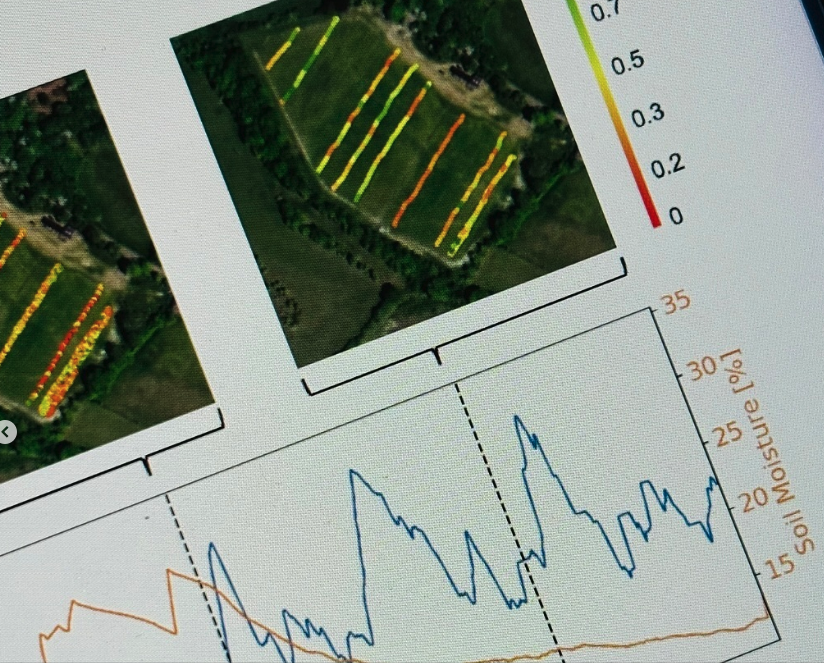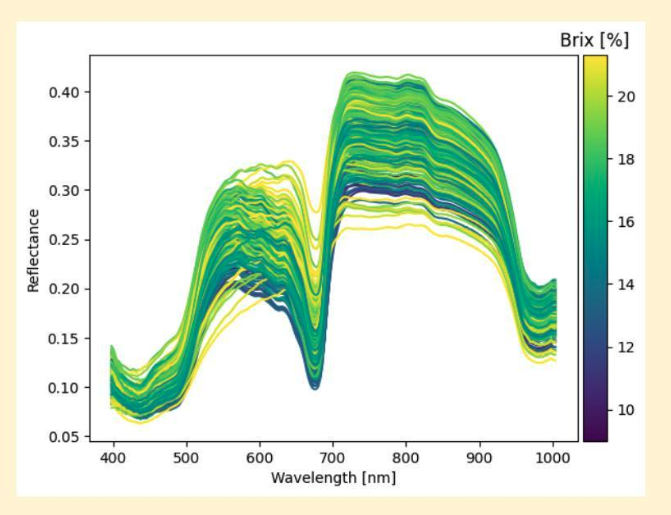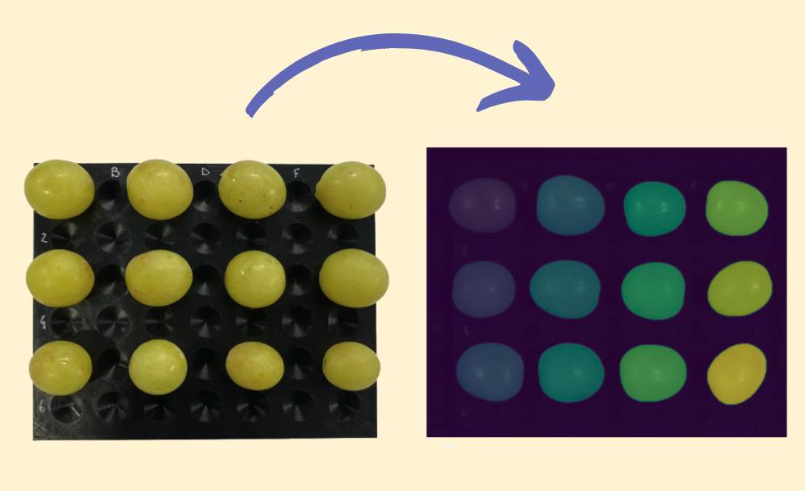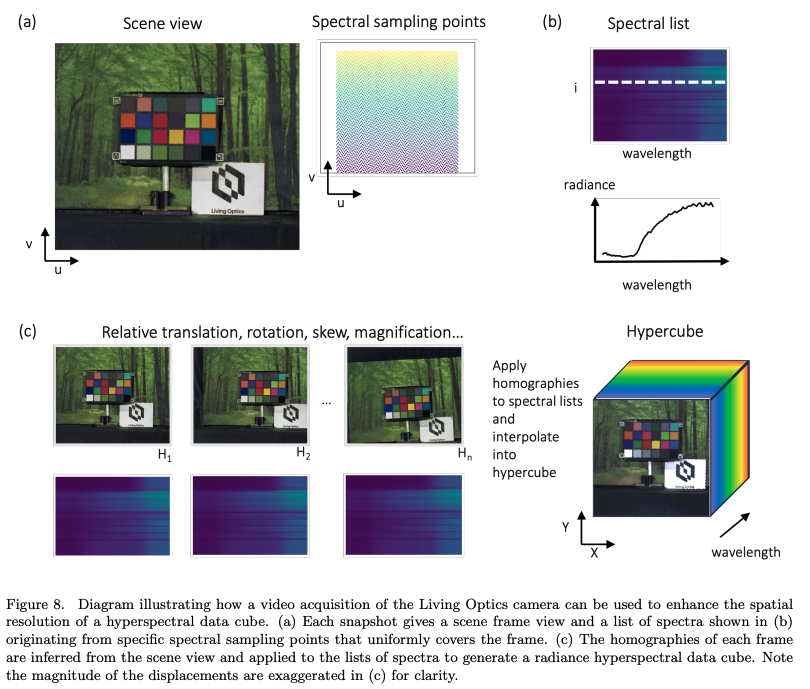Applications Engineering at Living Optics
As of the time of writing, Living Optics is an early stage startup aiming democratise spectral imaging by manufacturing a low-cost, easy-to-use hyperpsectral camera for computer vision developers.
I’ve learnt that I really enjoy working for startups because of the energy and the opportuntiy to create something from nothing with really talented people. This is what I’ve done in my time at Living Optics.
What does a field applications engineer do?
There is usually a gap between a company’s product and the customer’s needs. Field application engineers fill that gap and engage with customers and prototype/ help codevelop full solutions using a product. The bulk of the work is usually pre-sale instead of post-sale.
Personally, I use my training in physics and computer vision to explore new ways developers can use our camera. I directly train and support our customers and run research projects to develop new applications.
Highlights
Some highlights of my time include
- Three conference papers published!
- Contributing an algorithm (homography-based image stitching) to a whitepaper published as a conference paper at SPIE
- Hyperspectral monitoring in Vineyards (lead author)
- Uniform detection using hyperspectral features (lead author)
- Representing the company
- I attended the London Imaging Meeting 2024 and presented my work on hyperspectral point clouds
- At trade shows such as PPMA Birmingham, Vision 2024 Stuttgart
- At academic conferences and meetings: IEEE Whispers 2024, Helsinki, ARIA meeting 2025
-
Contributions to the codebase
- Developing a multithreaded PyQt Graphical User interface to showcase applications for demoing at SPIE Photonics West 2024, the largest photonics conference in the world
- Developed hyperspectral colourimetry package to enable colleagues to benchmark methods
- Developed machine learning algorithms using OpenCV, Scikit-learn and Pytorch for hyperspectral anomaly detection, image segmentation, sensor fusion and structure from motion
- Presenting our technology to large companies in calls and in person demonstrations
- Developing technical marketing documents used in customer and investor pitches



Apart from the technical skills gained by learning on the job (CUDA installations especially XD), I’d like to point out the diffuse knowledge I gained by working in a small startup. E.g. talking to the people working on the frontend side, the embedded side.
During my time here, I have learnt
- As the company has a flat structure, I was only 2 levels away from the top of the organisation. I gained a sense of how different parts of the business such as R&D, product, applications, business development etc. work together to push the company forward
- The unseen work (legal, documentation, manufacturing) that goes into product development
- How to collaborate and write maintainable code via version control and good coding practices (command line interfaces, modularity etc.)
- How start-up fundraising works
- Learning how to foam milk using the coffee machine :)

What skills do I use?
Physics (theory and experiment)
- Optics: point spread functions, MTFs, resolution, sampling theory, electromagnetism
- Hardware: interfacing with cameras, rapid prototyping with 3D printing, rig building
- Computation: sampling, curve fitting etc etc
Computer vision/ Image processing
- Geometry: 3D reconstruction (point clouds), stereo imaging
- Recognition and perception: deep learning based object detection/ segmentation (using ultralytics, SAM), data labelling, content based image retrieval
- Image signal processing: white balancing, colour spaces
Data science/ Machine Learning
- Data visualisation and plotting, signal classification and regression
